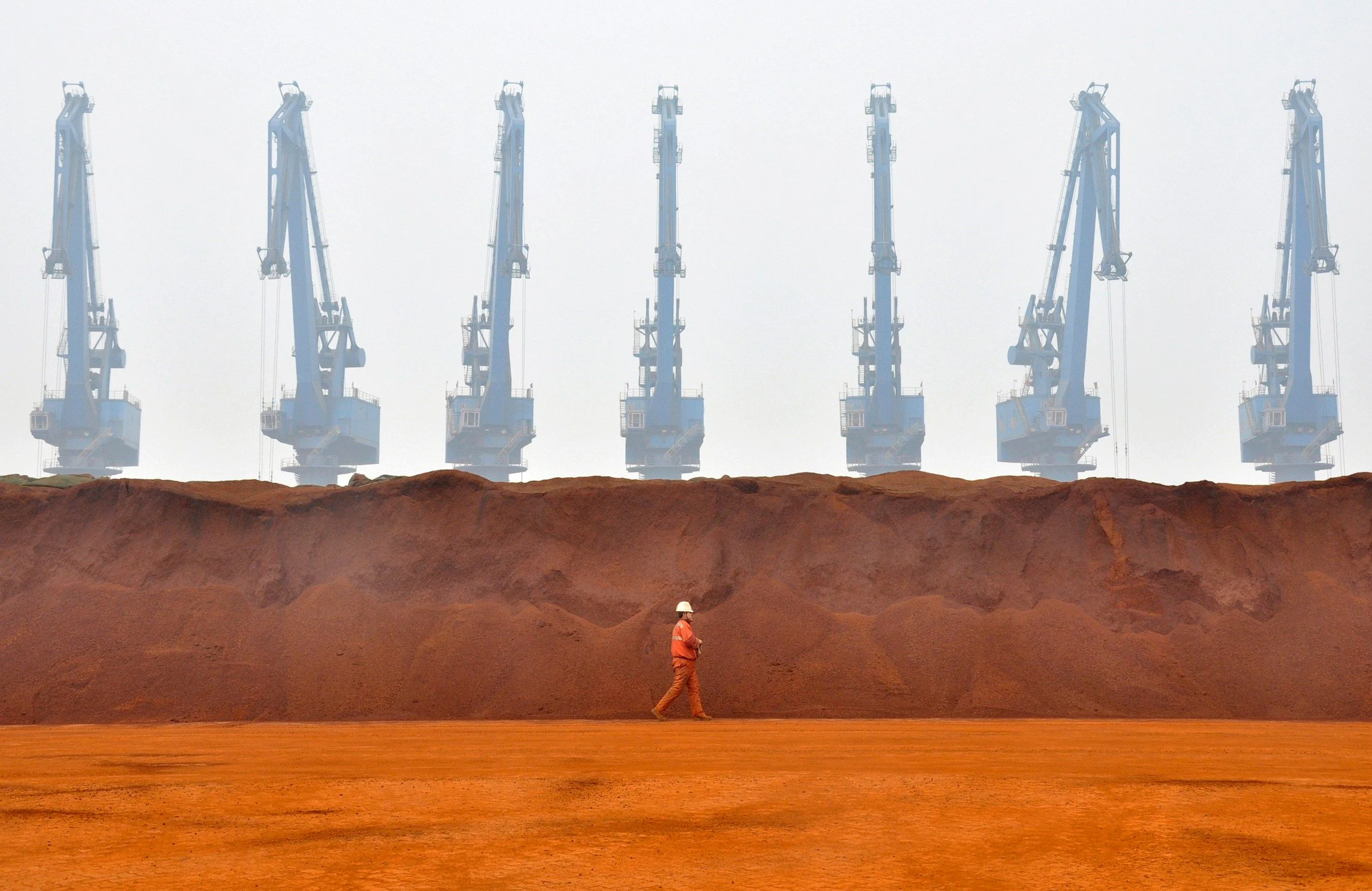By Ralph Jennings
Copyright scmp

The Australian government has unveiled a plan to improve domestic exporters’ access to the Chinese market after Beijing’s removal of trade barriers that previously affected A$20 billion (US$13.3 billion) worth of the country’s goods.
The two-year Accessing New Markets Initiative will provide A$50 million of funding in an attempt to “build on” China’s recent scrapping of several trade restrictions affecting Australian products, the Department of Foreign Affairs and Trade said in a statement on Monday.
“[The initiative] builds on what the Albanese Labor Government has already delivered for Australian exporters, including removing over A$20 billion in trade impediments on our exports to China – allowing farmers, fishers, miners and winemakers back into this market at higher volumes than ever before,” the statement said, citing Minister for Trade and Tourism Don Farrell.
China restricted imports of a slew of products from Australia as relations between the two countries became strained during the pandemic, but Prime Minister Anthony Albanese has made a concerted effort to rebuild ties since taking office in 2022.
That helped pave the way for China to remove barriers affecting Australian red meat, lobsters, wine and several other products over recent months. US President Donald Trump’s tariff blitz has also pushed the two nations to improve trade links, analysts said.
The department added that, under the initiative, which covers Australian trade worldwide, the government will offer exporters “fast, flexible and targeted” support, including access to trade advisers and offshore events.
The Australian Trade and Investment Commission, a government promotion agency, will also work with industry bodies to back their members in quickly diversifying and growing into new export markets, including China.
It’s in Australia’s interests to trade with China – we need that market
Carl Thayer, University of New South Wales
The initiative will “secure and grow” new markets for “world-class products”, according to Australia’s Parliamentary Budget Office.
China is Australia’s largest export market, with the country buying up huge amounts of iron ore to feed its vast manufacturing sector. It is also a major market for Australian beef, barley, lobster and wine.
Total trade between the two economies reached US$113.9 billion in the first seven months of this year, with Australian exports accounting for US$73.1 billion of that amount, Chinese customs figures showed.
“Australia needs Chinese growth because of the iron ore,” said Carl Thayer, an emeritus professor at the University of New South Wales in Australia. “It’s in Australia’s interests to trade with China – we need that market.”
The initiative announced on Monday also looks beyond China, with the trade department stating that the policy was designed to help Australian businesses respond to global economic uncertainty by “building the resilience and diversification of Australia’s exports”.
China and Australia have been pushed to explore stronger bilateral trade to offset the impact of Trump’s global trade war, said Charles Chang, a finance professor at Shanghai’s Fudan University.
“A lot of effort is going to be put forth to make this trade work,” Chang said. “It’s good for China to do business with US allies at this point.”



